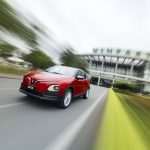The operating range of electric vehicles is usually confirmed according to WLTP (Europe) or EPA (US) standards.
However, the actual travel distance often differs from the manufacturer’s or third-party figures. This is because the operating range depends on various factors such as roads, speed, weather, and driving conditions.
Recently, Consumer Reports tested several models of electric vehicles at a speed of 112 km/h on highways, with distances ranging from 3,200 to 24,000 km on the odometer and outdoor temperatures ranging from 21-32 degrees Celsius. The survey results showed that many models had much higher actual travel distances than those announced by the US Environmental Protection Agency (EPA).
Here are some electric vehicle models with significantly higher actual travel distances compared to the manufacturer’s announcement, according to Consumer Reports:
BMW i4 M50
BMW i4 is a premium electric car that offers impressive performance, elegant design, and luxurious interiors. The vehicle comes in three versions: eDrive35, xDrive40, and M50 (all-wheel drive).
The BMW i4 M50 is equipped with two parallel electric motors on both axles, providing a total output of 536 horsepower and 795 Nm of torque controlled by a single-speed transmission.
According to the manufacturer, the car has a range of up to 436 km on a single charge and takes an average of over 7.5 hours to fully charge with normal power. However, the actual travel distance of this model is nearly 512 km.
BMW iX xDrive50
Introduced in November 2020, the BMW iX is a mid-size luxury SUV developed from the 2018 Vision iNext concept model. It is the fourth pure electric vehicle under BMW’s i brand, after the i3, i8, and iX3 models.
The iX has three main versions: xDrive40, xDrive50, and M60. The xDrive50 version has a 111.5 kWh battery pack and two electric motors with a total output of 523 horsepower. According to the manufacturer, the car can travel a maximum of about 518 km in a charging cycle. However, the actual travel distance of the vehicle is up to 595 km, which is 83 km higher.
Mercedes-Benz EQE 350 4Matic sedan
EQE 350 4MATIC is equipped with an 89 kWh battery pack and electric motors on both the front and rear, which together generate a maximum power output of 292 horsepower and 565 Nm of torque. This variant can accelerate from 0 to 100 km/h in 6.3 seconds.
According to the manufacturer, the Mercedes-Benz EQE 350 4Matic has a range of up to 418 km. However, the actual travel distance measured is up to 534 km.
Mercedes-Benz EQE 350 4Matic SUV
The Mercedes EQE SUV is an advanced electric vehicle from Mercedes with state-of-the-art features and high-level autonomous driving systems.
The Mercedes-Benz EQE 350 4Matic SUV is equipped with two electric motors, one at the front and one at the rear, providing a maximum power output of 288 horsepower and a maximum torque of 765 Nm. The vehicle also has a 100.0 kWh lithium-ion battery system that supplies powerful energy to the electric motors.
According to the manufacturer, the car has a range of up to 407 km. However, the actual travel distance of the vehicle is up to 457 km.
Mercedes-Benz EQS 580 4Matic sedan
The Mercedes-Benz EQS is not only the top luxury electric sedan of the German brand but also the first electric vehicle officially distributed in Vietnam, offering a diverse range of products and opening a new era of luxury electric vehicles in the country.
The EQS 580 4Matic sedan is equipped with an electric motor with an output power of 516 horsepower and a range of up to 548 km. However, when tested, the actual travel distance after a full charge reached 611 km.
Mercedes-Benz EQS 450 4Matic SUV
Powering the Mercedes EQS SUV is an electric motor with a maximum power output of 536 horsepower. The motor is paired with a 2-axle drive system (4Matic) to ensure stability during high-speed travel or cornering.
According to the manufacturer, the car can travel a distance of 458 km on a single charge. However, in real-world testing, the vehicle’s travel distance reaches up to 505 km.
TH (Tuoitrethudo)





























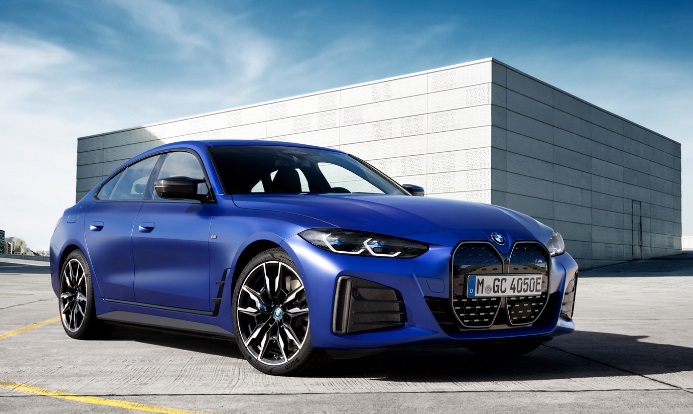
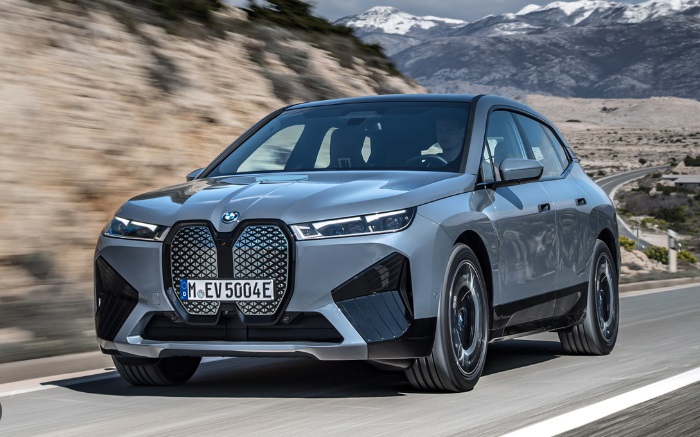
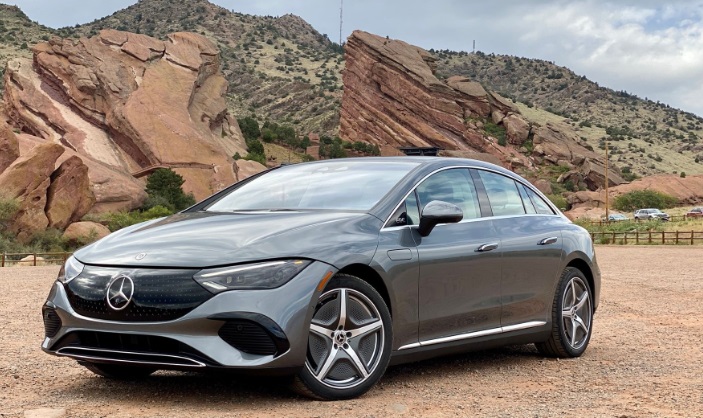
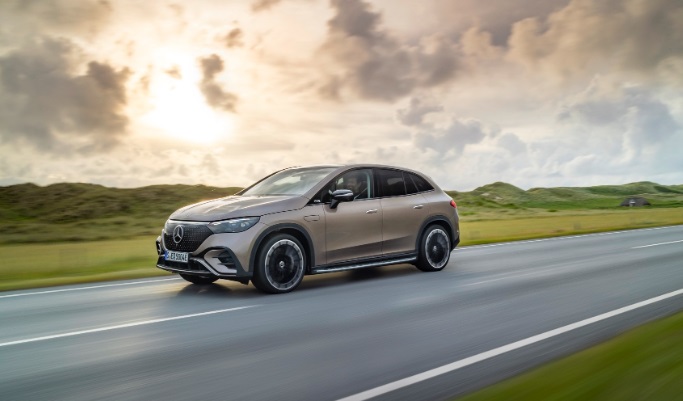
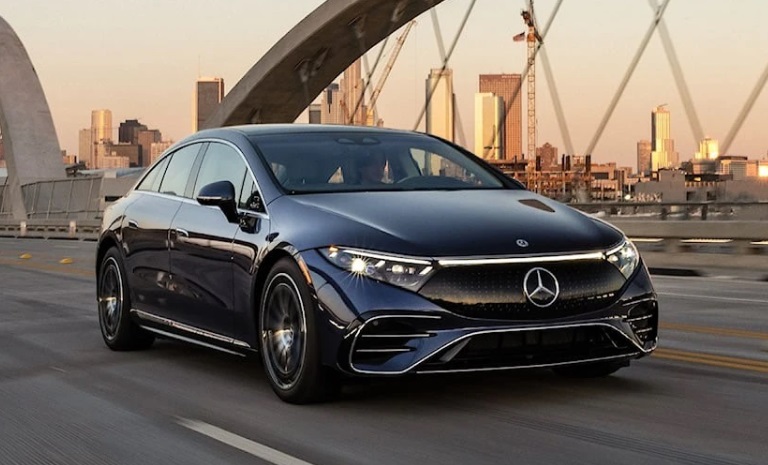
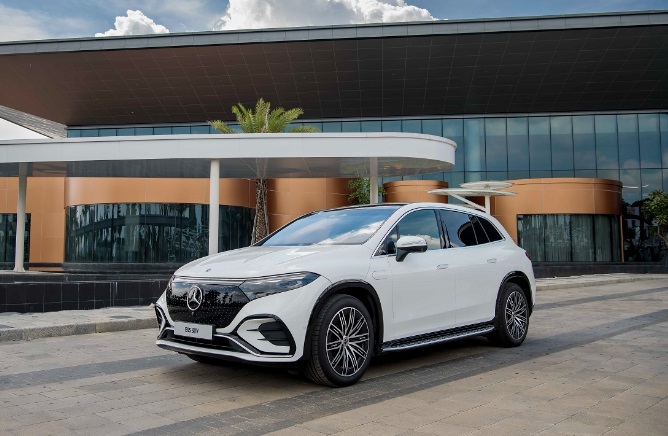

![[Quick Review] Hyundai IONIQ 5 – A Vehicle from the Future](https://vnauto.net/wp-content/uploads/2023/10/xehay-hyundaiioniq5-18052022-2-150x150.jpg)

